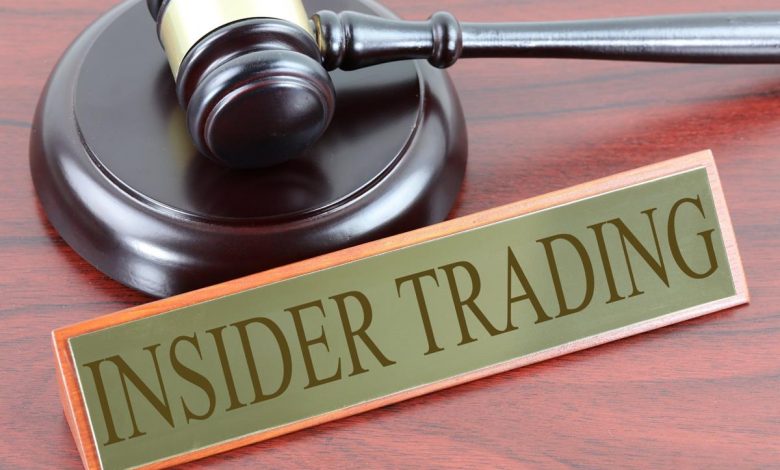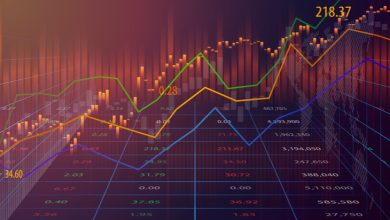Understanding the Legal and Illegal Sides of Insider Trading

In recent years, many investors for the first time began trading securities online with some of them losing tens of thousands of dollars they could not afford. One cause is their failure to educate themselves on the risks involved in the stock markets and understanding the legal and illegal sides of insider trading. Before we dive further into the topic, you will probably want to know what are insider trades and how they can affect your investment decisions.
What is Insider Trading?
Insider trading is the act of buying and selling transactions initiated by owners of company stocks, management, executives, employees, and/or their family members who are knowledgeable of non-disclosure information. When a company has an insider to make headline news of an illegal insider trading activity, experienced outsider investors may sell their stock shares to avoid extreme losses. Sometimes companies suffered terrible losses that affected the national economy because a group of insiders sold their shares after receiving an insider tip.
The Securities and Exchange Commission (SEC) has the authority to investigate potential criminal activities among insider traders if there are probable causes of fraud. If the regulatory securities agency has proven evidence of illegal insider trading activities, the insiders can face an administrative law judge or a federal court judge. Securities violators can receive federal prison time and/or steep penalties and fines.
Penalties for Violating SEC Regulatory Laws
- Render a cease and desist order of financial industry accreditation and registration
- Impose monetary penalties
- Suspension or revocation of accreditation and registration
- Disgorgement (repayment) of all gains associated with an insider trade
- Impose all penalties above and injunctions and sanctions to limit financial activities in the future
- Imprisonment
If you have access to confidential and non-disclosure information as an employee, understanding the illegal side of insider trading is essential for your protection. The only way to trade legally an insider is to report your activities within two days after the transaction is complete. The SEC can bring cases before an administrative law judge or the U.S. District Federal Court judge. In the federal court system, violators can receive penalties decided in both courts, the harshness of legal actions. While the punishment is severe, it is necessary to protect outsider investors, innocent insiders, and the economy.
Three Tips for Outsider Investors and Protection
- Plan
Personal financial planning is the key to help protect beginners seeking investment opportunities. Perform plenty of research to learn about investments and the potential involved risks. If you do not have the time in your schedule to self-educate, a financial adviser has the expertise to handle all your investment needs. The planning process involves creating an investment and a personal budget to use as a guide.
- Research
Experienced investors perform a lot of research on stocks and other securities before they decide to hold, purchase, or sell. They search for the latest news about a company stock to see if there is the possibility of future growth. This information has some weight in their overall decision to purchase the shares of stock, along with checking the background of brokerages on FINRA. SEC’s Edgar Database has reliable information about the finances, management, products, and services of company stocks.
- Control Emotions
Emotional trading can lead to enormous losses in invested capital because of anxiousness. It was a valuable lesson for some of the top investors today when they first invested in the stock market. The basis of your trading should be solely on facts about a particular stock rather than playing the markets based on your emotions. Education, research, and planning are the key components to successfully trading, whether you are a beginner or advanced.
Beginners who do not understand investments should never invest their money without the expertise of a professional financial adviser. You can check the background of brokers, financial advisory firms, and brokerages for their licenses to offer their services to the public. FINRA and SEC are resourceful websites you can find information about advisers, publicly traded companies, and security options. The more knowledge you get enables you to make wiser investment decisions.




